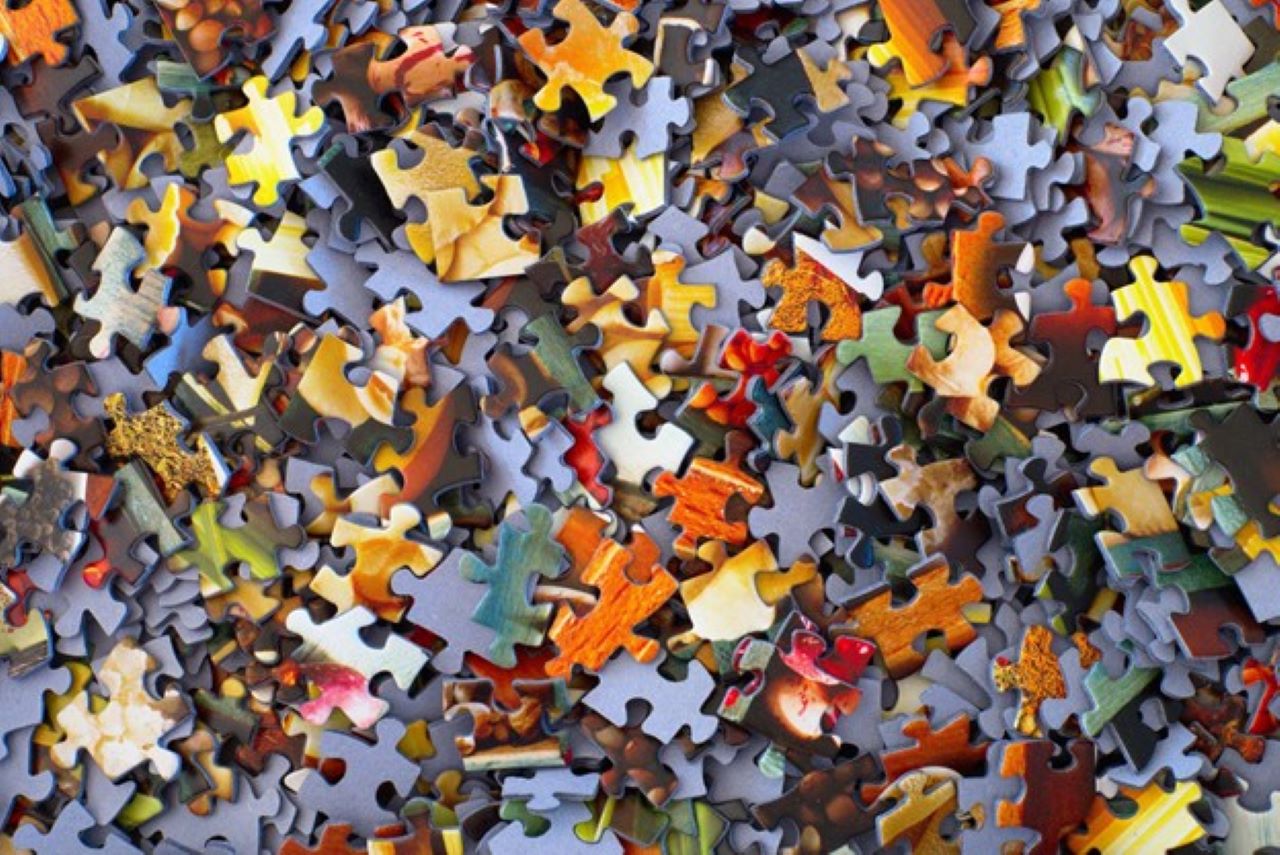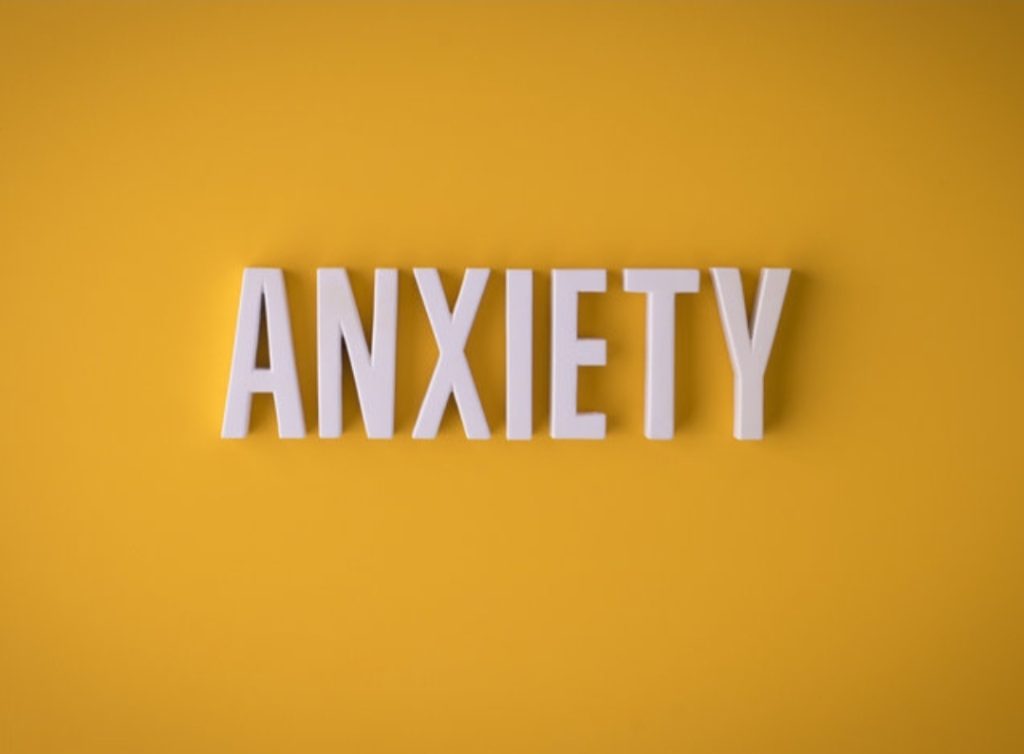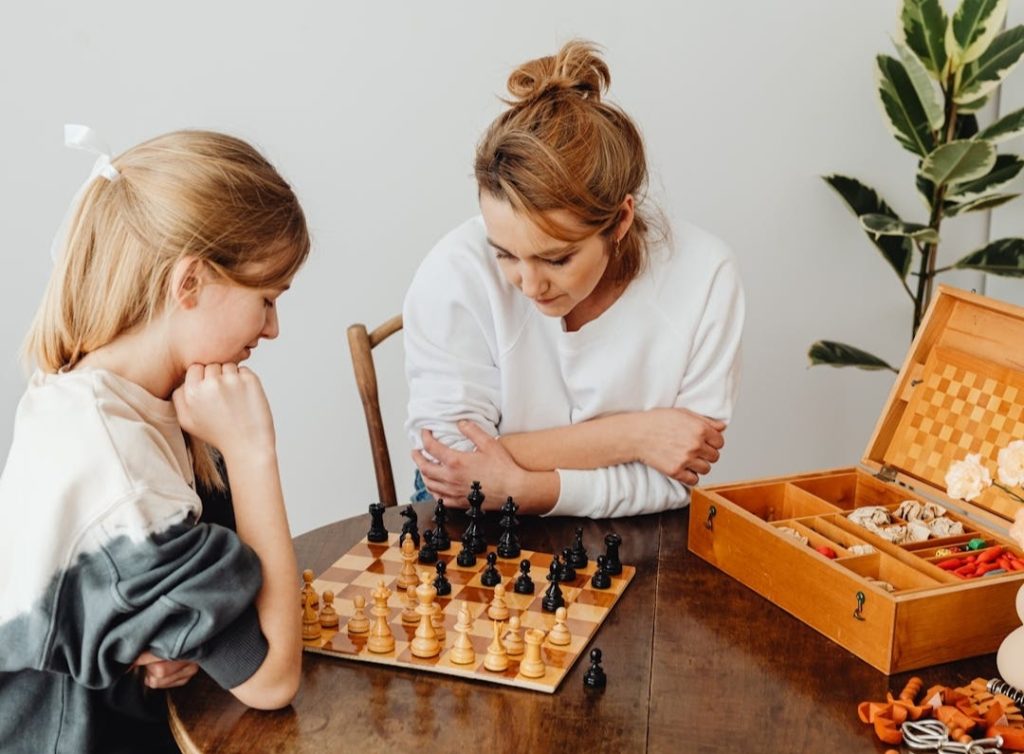Lately, people have been spending a lot more time on their smartphones and tablets, perhaps without even realizing that those devices are not good for their brains. Puzzles are healthy while electronic devices such as these can be rather unhealthy. As we recognize National Puzzle Day today, January 29, I am going to explain why puzzles are healthier than these most-favored devices.
What is the difference between jigsaw puzzles and electronic devices for our leisure you ask? Jigsaw puzzles provide no blue light or prolonged screen time; instead, they are a good activity and an exercise for your brain and creativity. You can do puzzles if you are looking for an activity that doesn’t involve technology screens. Electronic devices and smartphones provide entertainment that often leads to an unhealthy internet addiction.
While puzzles are a fun activity for children, puzzles are also a great activity for adults. There are no age restrictions for playing with puzzles. Jigsaw puzzles are a perfect alternative activity to being in front of computers and on other devices. They can provide comfort and cozy leisure activities if you are looking for a quiet diversion or need a break from social media or other technology. Nowadays, puzzles barely get recognition for a leisure activity than they did in the past. From my perspective, it is disappointing and sad that we are addicted to smartphones, TVs, and computers. Setting my narrative aside, people do not realize that puzzles are better than technology that provides prolonged screen time.
Puzzles are also a good activity for young and old since it boosts brain cells. Those who enjoy crossword and jigsaw puzzles are actually increasing their lifespan as well as helping to prevent dementia, Alzheimer’s or memory loss. A study in the Archives of Neurology reported that the mental stimulation achieved with puzzling helps to defend against the brain plaque which causes Alzheimer’s. In comparing the brains of 25-year-olds to 75-year-olds, those elderly who puzzled regularly demonstrated a remarkable difference in their scans. They had the brain scans of the 25-year-olds!
For those who contend with dementia or Alzheimer’s, it is not a good idea for them to play with complicated puzzles, nor do we want them to be too easy, like a child’s large-piece puzzle. If we want to play puzzles with our loved ones, we can provide them with simple puzzles. Time spent dedicated to solving a puzzle can be highly beneficial and relaxing as well as provide a release of dopamine, the feel-good chemical. Do you remember the feeling of when you found where that last puzzle piece fit and voila, it was done? That is dopamine. So, the next time you have a free evening or are inside on a rainy afternoon, grab a puzzle – a crossword, jigsaw or another favorite – and get started. Your brain will thank you.
Her Nexx Chapter invites you to join our free Community where women from around the world are connecting with each other’s stories, exploring different experiences, and transforming ideas.
The Future of Connection for Women
- It’s National Video Game Day – Play On! - July 8, 2024
- Listen, Learn and Visualize Dialogue and Plot Scenes with Audiobooks - June 28, 2024
- Understanding Autism Spectrum Disorder and Embracing Neurodivergence - April 1, 2024
Follow us:







